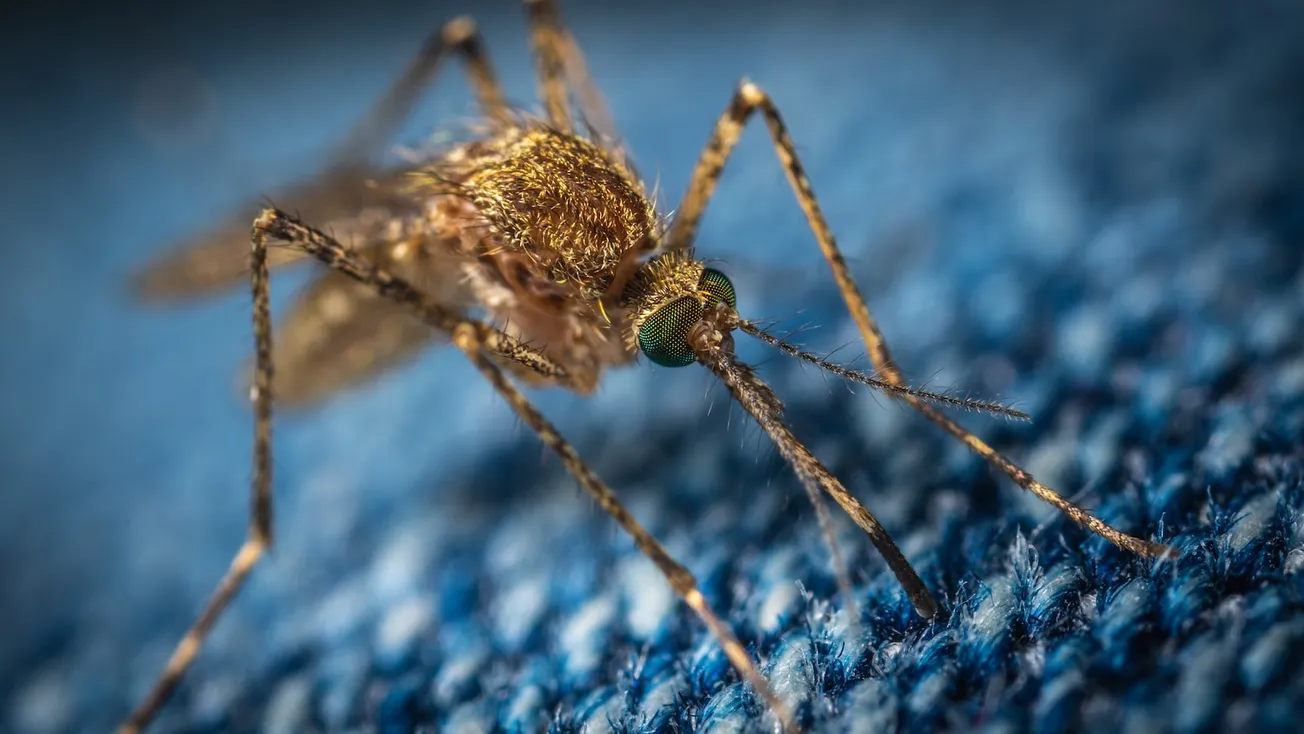Table of Contents
We’ve all been there: high summer, and one person is continually slapping themselves, waving their arms around and complaining about “These bloody mossies!” Meanwhile, someone sitting contentedly next to them wonders, “What mossies? I haven’t been bitten once.” Around these parts, it’s my wife who gets eaten alive by mossies, whilst I barely notice them.
But is there some real science behind it? Urban legend would have it that everything, from our sex, to blood type or whether we eat garlic, can make all the difference between being a mossie-magnet or a repellent. Some scientists are trying to find out if there’s any truth in it all.
[Leslie Vosshall, head of Rockefeller’s Laboratory of Neurogenetics and Behavior] and Maria Elena De Obaldia, a former postdoc in her lab, set out to explore the leading theory to explain varying mosquito appeal: individual odor variations connected to skin microbiota. They recently demonstrated through a study that fatty acids emanating from the skin may create a heady perfume that mosquitoes can’t resist. They published their results in Cell.
“There’s a very, very strong association between having large quantities of these fatty acids on your skin and being a mosquito magnet,” says Vosshall.
How did they figure this out? Not in the old-fashioned, Aerogard-torture-chamber way, the wimps.
In the three-year study, eight participants were asked to wear nylon stockings over their forearms for six hours a day. They repeated this process on multiple days. Over the next few years, the researchers tested the nylons against each other in all possible pairings through a round-robin style “tournament”. They used a two-choice olfactometer assay that De Obaldia built, consisting of a plexiglass chamber divided into two tubes, each ending in a box that held a stocking. They placed Aedes aegypti mosquitoes – the primary vector species for Zika, dengue, yellow fever and chikungunya – in the main chamber and observed as the insects flew down the tubes towards one nylon or the other.
They did, in fact, find a very real mossie-magnet.
By far the most compelling target for Aedes aegypti was Subject 33, who was four times more attractive to the mosquitoes than the next most-attractive study participant, and an astonishing 100 times more appealing than the least attractive, Subject 19.
So, what exactly floats a mossie’s boat?
The researchers sorted the participants into high and low attractors, and then asked what differentiated them. They used chemical analysis techniques to identify 50 molecular compounds that were elevated in the sebum (a moisturizing barrier on the skin) of the high-attracting participants. From there, they discovered that mosquito magnets produced carboxylic acids at much higher levels than the less-attractive volunteers. These substances are in the sebum and are used by bacteria on our skin to produce our unique human body odor.
So, is a new breed of fail-safe mosquito repellent in the offing? One that will render us effectively invisible to mossies?
Probably not.
Because mosquitos are really, really good at sniffing out human targets.
Mosquitos use to different sets of odour receptors (“Orco” and “IR” receptors) to zero in on humans. The scientists tried engineering mutant mossies minus one or the other receptor.
Orco mutants remained attracted to humans and able to distinguish between mosquito magnets and low attractors, while IR mutants lost their attraction to humans to a varying degree, but still retained the ability to find us […]
It’s a failsafe that the female mosquito relies on to live and reproduce. Without blood, she can’t do either. That’s why “she has a backup plan and a backup plan and a backup plan and is tuned to these differences in the skin chemistry of the people she goes after”, Vosshall says.
Another avenue the scientists are looking at is more difficult… and disgusting-sounding.
It is possible that slathering the skin of a high-appeal person like Subject 33 with sebum and skin bacteria from the skin of a low-appeal person like Subject 19 could provide a mosquito-masking effect.
Science Daily
Science Daily
Well, I don’t know about you, but the idea of slathering someone else’s sebum (“an oily, waxy substance produced by your body’s sebaceous glands”) and bacteria on my arms is more repellent than a can of Aerogard.









